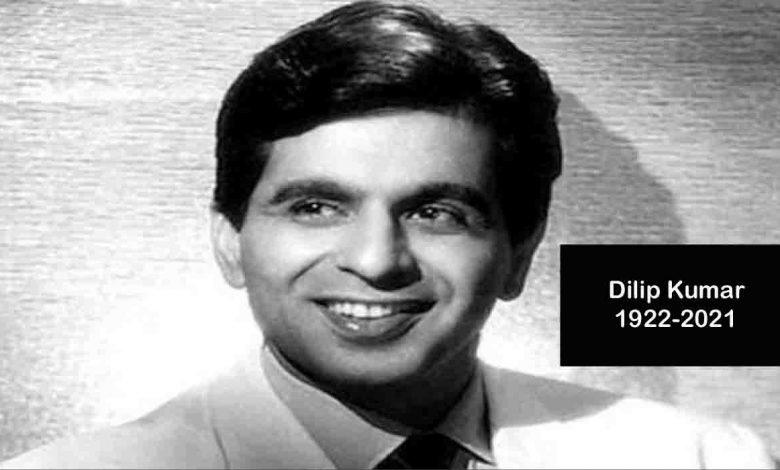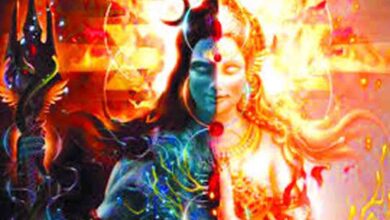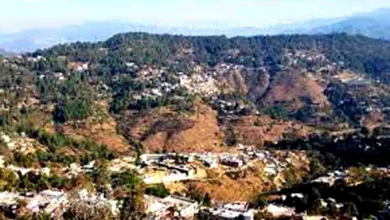The master

Thursday, 08 July 2021 | Pioneer
Dilip Kumar, who inspired actors from Amitabh to Shahrukh, has taken his final bow on the world stage
The doyen of the Hindi silver screen, Dilip Kumar, has faded away. That his craft has been given so many epithets with so many adjectives in so many languages itself bears witness to the fact that all the superlatives in any one particular language were insufficient to sum up his talent. Around the time Dilip was acting prolifically, only the inimitable Motilal Rajvansh (who played the effervescent Chunni Babu as the perfect foil to Dilip’s brooding and melancholic Devdas in Bimal Roy’s classic of 1955) could be said to be a natural actor par excellence. Other than that, Dilip was peerless. Of course, comparisons will always be made regarding the potential and success of the Golden Triumvirate of Dilip Kumar, Dev Anand and Raj Kapoor. But as you can’t really compare apples to oranges, each one of these three had a distinct style and, resultantly, a clearly divided base of mass following: Dev was a city slick, Raj was a simpleton and Dilip represented the hopes and aspirations of the generation of the Socialist-Nehruvian era. While Dev was busy nodding his head at nubile nymphets to set their hearts aflutter, Raj was trying to crack the intricacies of this complex world.
However, on an altogether different planet, Dilip was busy championing for the issues of social equality as seen from the eyes of the bourgeois and the hoi polloi, as recorded in Naya Daur, Ganga Jamuna, Aadmi, Madhumati and Daag, et al. Of course, his repertoire wasn’t limited to the dark, brooding roles. He had fun in Ram Aur Shyam, Bairaag (a triple role, the first such attempt at the time), besides the solid character roles in the later years in Shakti, Karma and Saudagar. He also holds the record for winning three consecutive Filmfare Best Actor awards, mustering them in 1955, 1956 and 1957. No other actor has attained such feat in the history of Hindi cinema. The “original Khan” of Hindi filmdom had a body of work so varied and embellished (from Jwar Bhata in 1944 to Mughal-e-Azam and ending with Lal Qila in 1998) that Dilip was chosen to play the lead role in David Lean’s Lawrence of Arabia (1962) but he declined citing pending commitments. The role was finally essayed by Omar Sharif. Ranking with the world’s greatest actors like Marlon Brando, Toshiro Mifune and Marcello Mastroianni, Dilip Sa’ab would always be remembered for his heart-broken drawl: “Kaun kambakht bardaasht karne ko peeta hai?”






